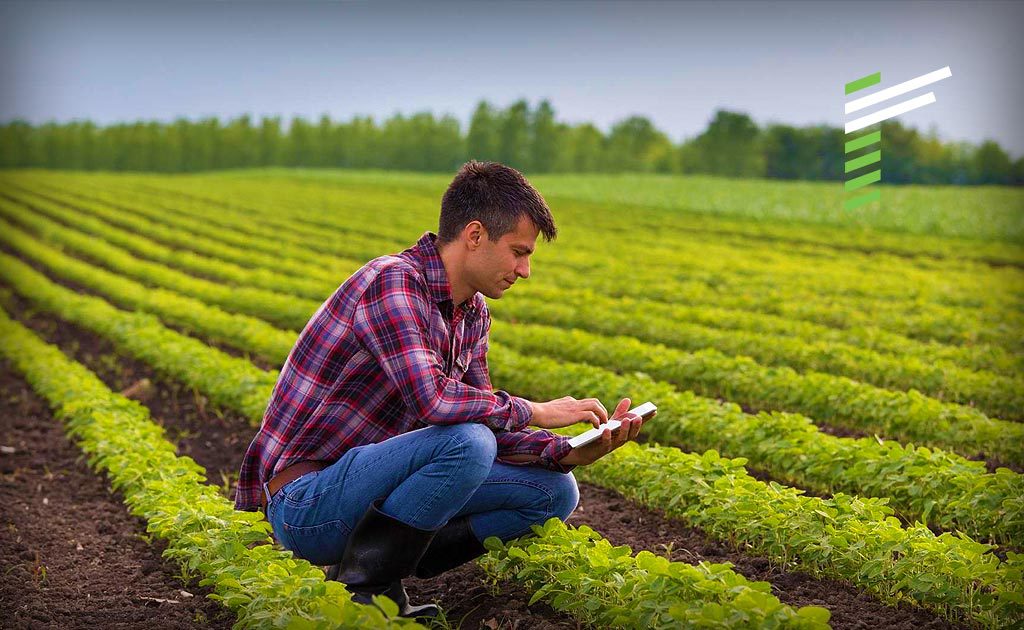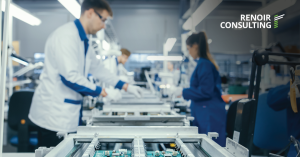The COVID-19 pandemic placed a hitherto unseen pressure on global agriculture and food supply chains causing bottlenecks in input industries, food processing and agricultural production. Moreover, the implementation of measures to curb the spread of the virus led to a dramatic economic contraction affecting farmers, workers, and consumers around the world.
Global food prices have risen by 38% since January 2020. The pandemic has thrown into relief the importance of agriculture with the industry looking at a steep rebound as nations around the world offer support to the agriculture sector to shorten supply chain and improve food supply.
The new drivers of investment in agriculture
The industry, prior to Covid-19 had been seeing investments in digitisation and sustainability of food production with environmentally friendly farming practices such as ‘farm to fork’ and ‘food circularity’. The covid induced disruption in global food supply chain and farm labour shortage has brought a renewed focus on food safety across nations and has sped up the investments in the across the sector. The major trends driving investments are:
- Farm Analytics
Farm analytics systems involve controlling irrigation and nutrient distribution equipment based on connected sensor data and crop imagery analysis. Smart monitoring helps farmers integrate weather and soil data with nutrient and irrigation systems to improve resource usage and boost yields by accurately identifying and predicting deficiencies.Sensors can also deliver imagery from remote corners of fields to assist farmers in making timely decisions and getting early warnings of problems like disease or pests. These tools also help farmers in optimising the harvesting window by monitoring the crops for quality characteristic like colour and sugar content to maximize revenue from their crops. - Farm Robotics
With improvement in robotics, their viability is increasing across agricultural value chain from planting to harvesting. A big evidence of robotics driving the future of agriculture can be gauged from John Deere’s $305 million acquisition of Blue Rive Technologies in 2017. Blue River is a startup which makes robots capable of identifying unwanted plants and spraying them with high precision herbicide reducing input costs and increasing efficiency. - Farmer Information System
Cooperatives and multinational trading organisations working in the industry have been stepping up their relations with farmers and producers from having a buyer seller relationship to integrating them into their supply chain. This includes developing farm level intelligence systems to track crop yield at individual partner level as well as increasing traceability. It also allows them to provide agronomic support to farmers and thus have a better forecast of supply of harvested crop. - Food Traceability
Food traceability using blockchain is gaining momentum as the next big thing. Blockchain provides the ability to instantaneously trace the movement of a food product and its ingredients through all the steps in the supply chain allowing prevention of food safety hazards at each stage and the ability to quickly rectify or contain contamination or outbreaks.It also provides consumers with the ability to trace their food from farm to fork bolstering the credibility of the food item. The technology has already gone through pilot projects with Walmart and Carrefour and is now being implemented by HUL and Nestle as well.
The importance of having the right change partner
The agriculture and farming industry, like other industries, is poised for increased digitisation. Renoir can take advantage of this by offering to manage and support these digitisation journeys.
We have helped our clients rise above these challenges with our deep understanding of the intricacies of the industry, decades of experience across multiple sub-sectors, and the agility to create innovative solutions that deliver a competitive advantage.
Here’s how we can help our clients accelerate growth and efficiency across the food value chain:
- Organisation Strategy
We help our client align their portfolios to adapt to the market. We also help them maintain margin and results by analysing business processes, and analysing and implementing sales management control systems. - Managing and Implementing Change
Our proven methodology ensures that any planned changes will be implemented to its smallest details and its benefits last. We have industry experience in designing new policies that align with sustainable processes, restructure the organisation, and train employees to adapt to market demands. - Digital Solutions
We help our clients integrate digital technologies in all areas of the business to transform business operations and deliver value. Additionally, we help to create new or modify existing business processes, culture and customer experience to meet changing business and market requirement. - Sustainability and Social Responsibility
Our clients will be primed to successfully deploy and implement new policies and initiatives to meet environment, social and governance (ESG) criteria. We can help them by implementing tools capable of measuring ESG criteria, such as indices and indicators, that can help elevate a company’s image and profitability.
We can help you accelerate growth and efficiency across the food value chain. If you’re ready to grow your business, let’s talk.










